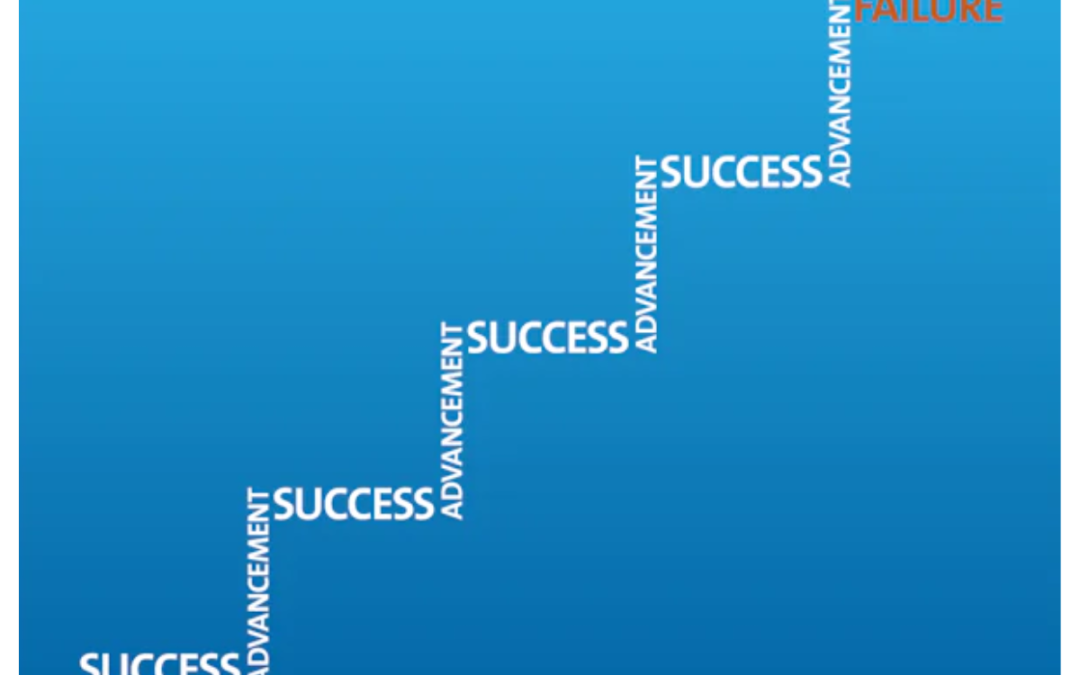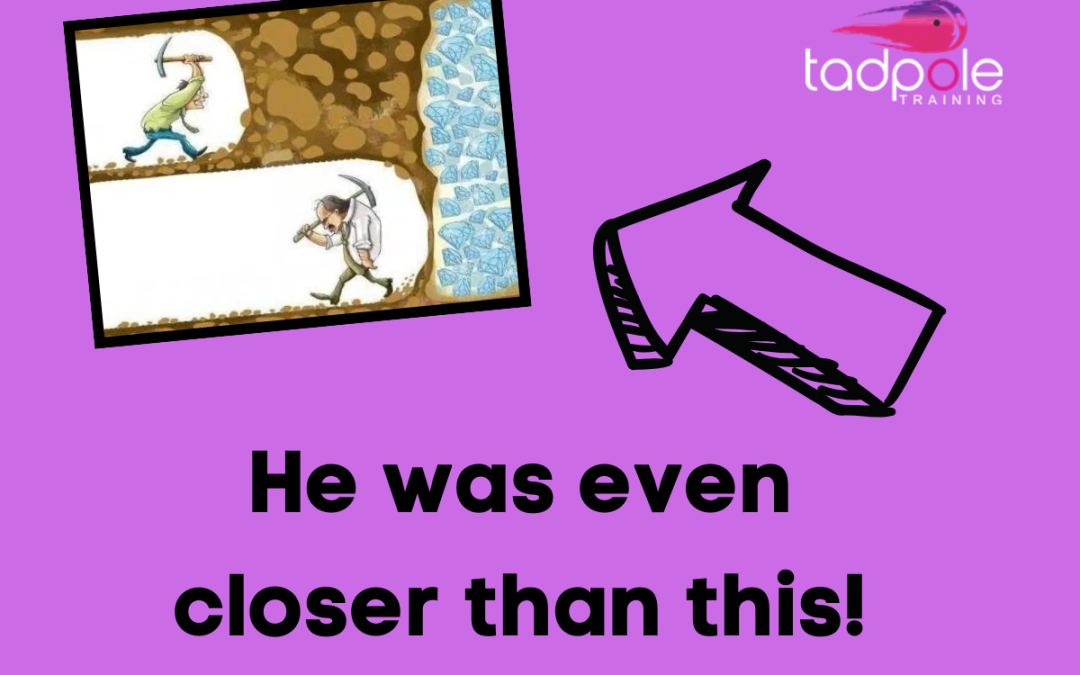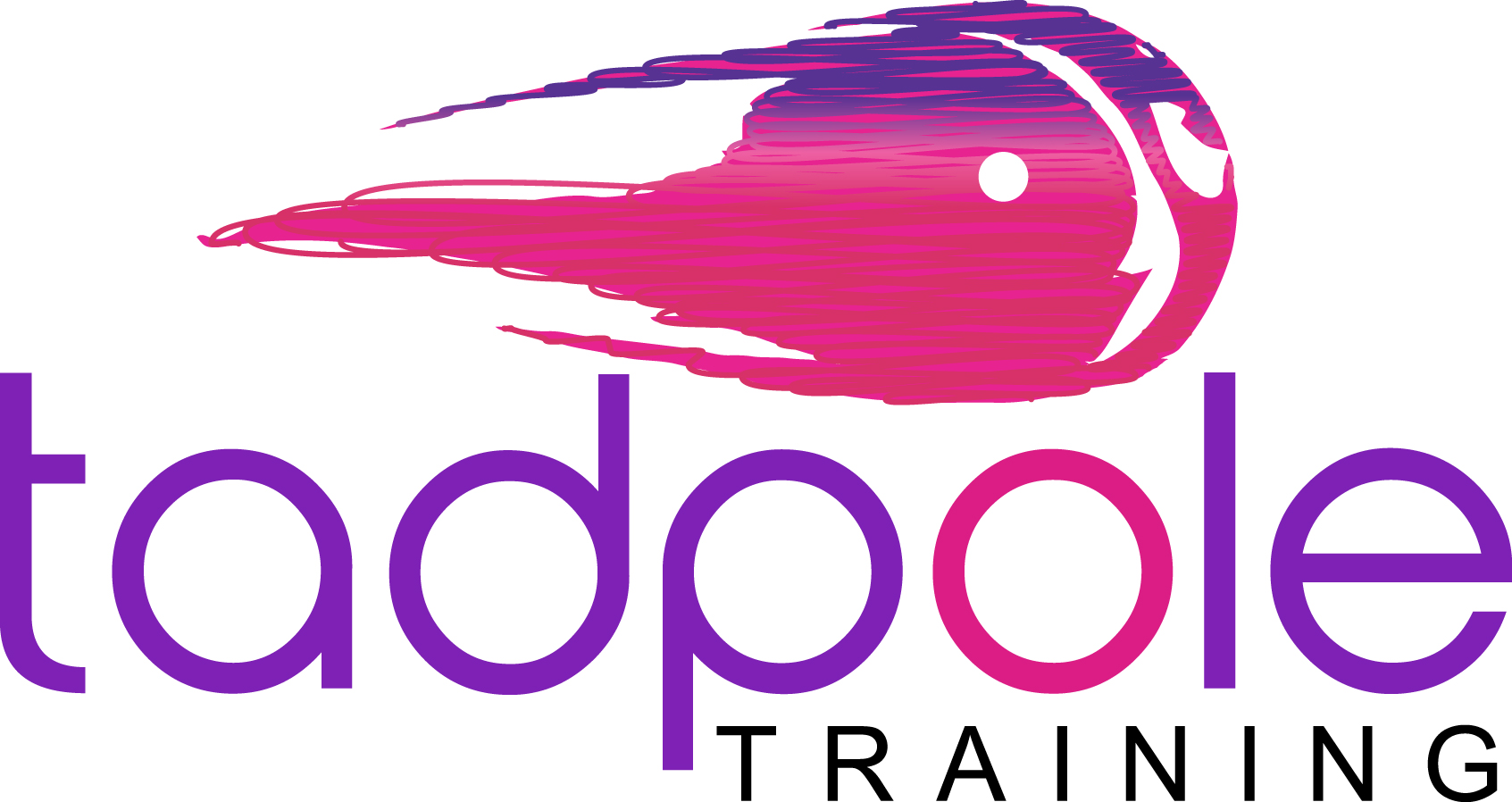
by Janet | May 29, 2024 | sales training
Something is happening in the world of sales improvement.For context, this is to do with straightforward training (yes I know everything is connected, but bear with me).Imagine you need some sales training for your team….❓ Do you set a budget and work to it? ❓...

by Janet | Apr 3, 2024 | sales training
(this is an excerpt from Sales Genuis 2) Are you recognising and acting on buying signals? When I was a brand-new sales person, I discovered there was so much to learn – I had to imbibe and absorb information about new systems, processes, product information, company...

by Janet | Apr 1, 2024 | sales training
Why is sales like gardening? Well think about it …..We have passed the spring equinox, yesterday the clocks went forward and everywhere, nature is bursting into leaf. Wow! Isn’t this time of year exhilarating?If you’re a keen gardener like me, after...

by Janet | Mar 29, 2024 | sales training
Are you using TED?You probably should be, but might not know what it is!TED is a lovely sales tool. It’s an acronym which stands for:TELLEXPLAINDESCRIBEIt’s useful when you are trying to uncover information from a buyer. You have probably asked loads of...

by Janet | Mar 28, 2024 | sales training
Are you about to promote someone within sales? Possibly to Sales Manager?Watch out then, that you are not falling foul of the Peter Principle…. it’s well known, but not necessarily by name.So what is it?It was created by Lawrence J PeterThe Peter principle...

by Janet | Mar 15, 2024 | sales training
This is the story of how not to engage with your ideal client.(it’s real, so I have changed the names to protect the innocent)Tony had a very specific customer profile for his services. His ideal customer was high level, high profile and notoriously hard to gain...







